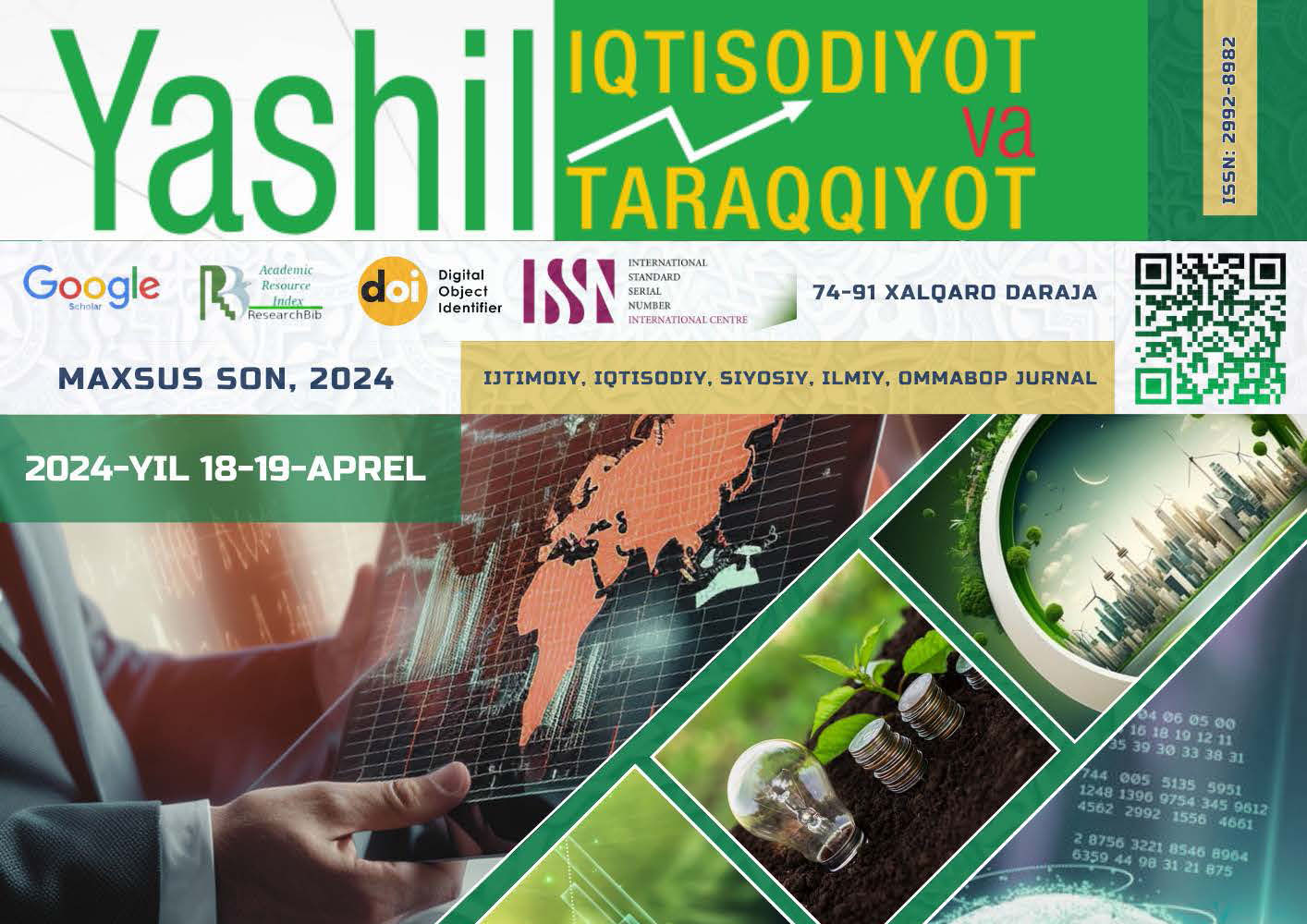Factors Influencing Farmers’ Cooperation in Irrigation: A Study of Samarkand Province, Uzbekistan
DOI:
https://doi.org/10.5281/zenodo.12743192Keywords:
agricultural land plots, minimum tax liability, single tax, accounting, taxation, agro-industrial production, level of shadow economy, consequences of shadow economy, economic security of the state, de-shadowing of the economy.Abstract
In this study, we focus on learning determinants of farm cooperation in irrigation by answering main research
question that “what are the factors influencing farmers’ decision to cooperate in irrigation?”. We use probit model, which
is the one of the binary decision models, to estimate cooperation. The findings suggest that education level of farm managers
matters in farmers’ cooperation decision. Our model results show that if a farmer took own initiatives in participation
in informal labor mobilization (hashar) and informal agreements with households and other farmers, it has a positive association
with irrigation cooperation. Cotton-growing farmers in Samarkand province are less likely to cooperate in water
allocation decisions with other water users.


